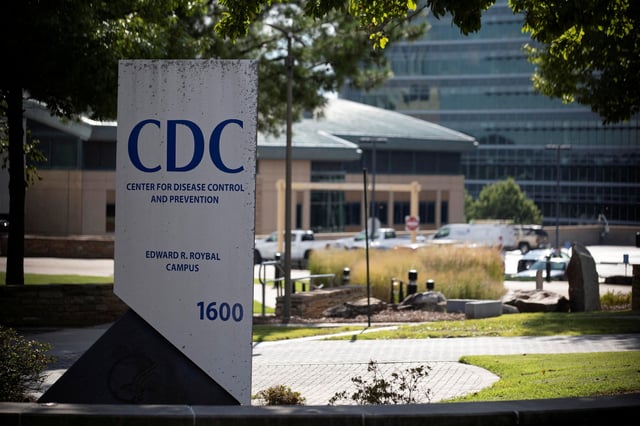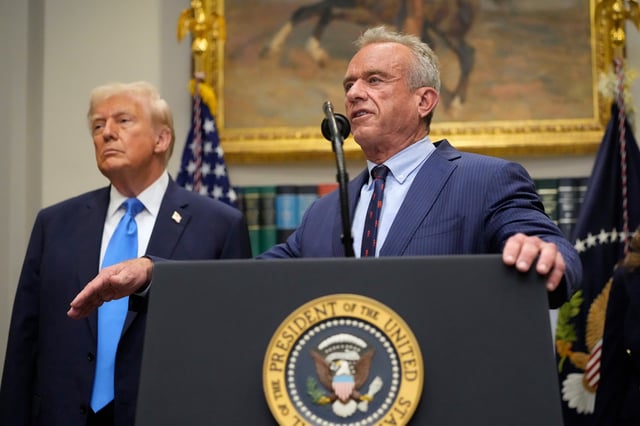Overview
- The CDC on Oct. 6 updated adult and child immunization schedules to use shared clinical decision-making for COVID-19 vaccination for everyone 6 months and older instead of a universal recommendation.
- Officials said shots remain available without a prescription and covered through Medicare, Medicaid, the Vaccines for Children program and most commercial plans, though private insurers are no longer required to cover the combined MMRV vaccine.
- The agency now advises giving the first varicella dose as a standalone shot for children under 4 because MMRV carries a slightly higher risk of febrile seizures at ages 12–23 months, with no elevated risk seen when MMRV is used for the second dose at 4–6 years.
- Acting CDC director and HHS deputy secretary Jim O’Neill approved the changes last week, and the reconstituted ACIP also urged stronger language about potential vaccine risks.
- Major medical groups including the AAP and IDSA continue to recommend COVID vaccination for children, pregnant people and others at higher risk, as O’Neill separately called for monovalent measles, mumps and rubella shots despite CDC and Merck saying there is no evidence of benefit and no such products are licensed in the U.S.



